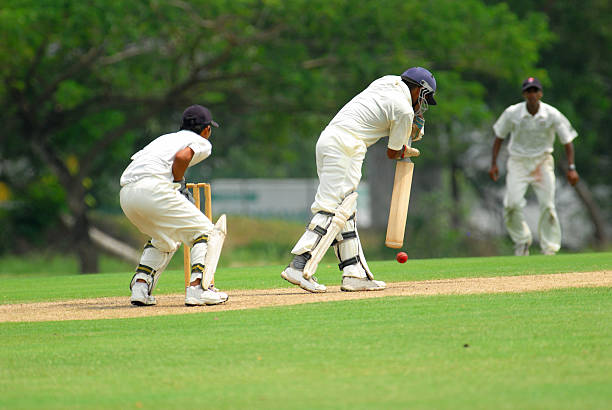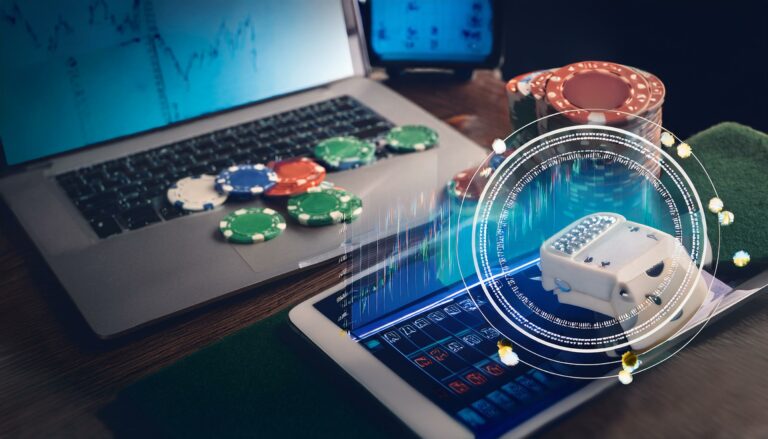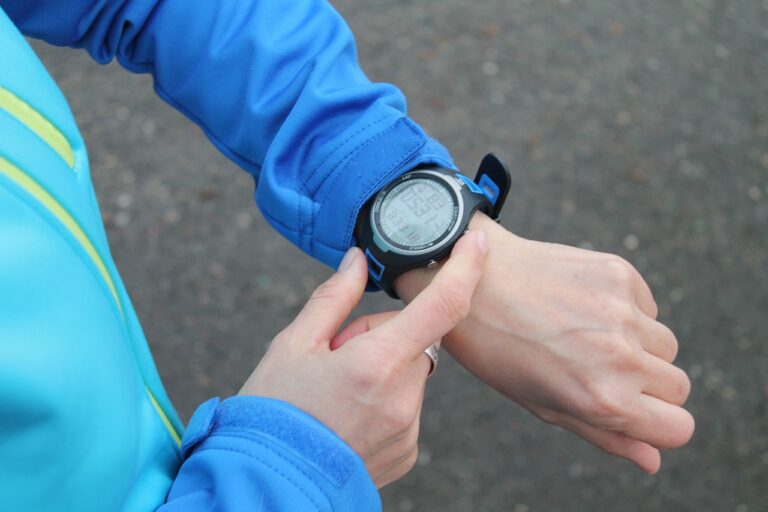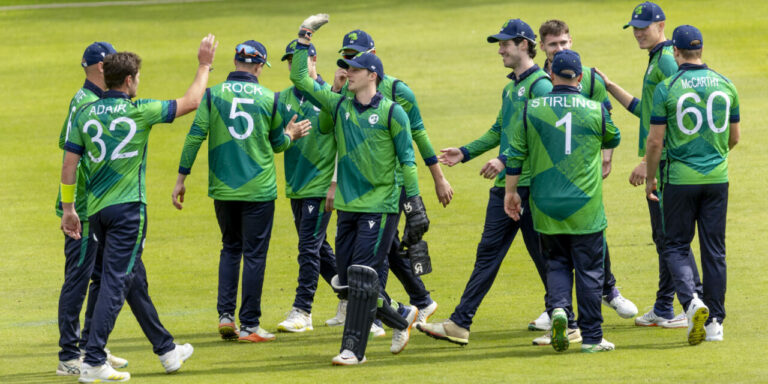Sports Betting and the Psychology of Fear of Missing Out (FOMO)
Play99exch, 11xplay: Social media has revolutionized the way we consume and engage with sportsand its impact extends to the realm of sports betting behavior. With the widespread accessibility of social platformssports enthusiasts now have easy access to real-time updatesexpert insightsand a plethora of opinions on various sporting events. This constant influx of information can significantly influence individuals’ perceptionspreferencesand ultimatelytheir betting decisions.
Moreoversocial media platforms serve as a breeding ground for online communities of sports bettors who exchange tipsstrategiesand predictions. The sense of camaraderie and shared excitement within these communities can create a reinforcing environment that validates and amplifies individuals’ betting behaviors. As a resultsocial media not only shapes the way sports enthusiasts interact with sporting events but also plays a pivotal role in molding their sports betting habits and preferences.
• Social media provides easy access to real-time updatesexpert insightsand opinions on sporting events
• Constant influx of information can influence individuals’ perceptions and preferences in sports betting
• Online communities of sports bettors on social media exchange tipsstrategiesand predictions
• Sense of camaraderie within these communities can validate and amplify individuals’ betting behaviors
• Social media plays a pivotal role in shaping sports enthusiasts’ interaction with sporting events and their betting habits
Understanding the Role of Peer Influence in Sports Betting Decisions
Peer influence plays a significant role in shaping sports betting decisions among individuals. Research suggests that individuals are more likely to place bets on certain teams or outcomes if their peers are also leaning toward the same choices. The desire to conform to the group’s consensus can lead individuals to make decisions that they may not have made independently.
Moreoverpeer influence can also amplify the emotional aspect of sports betting. When individuals see their friends or peers excited about a particular bet or outcomethey are more inclined to experience similar emotions and partake in the betting activity. This emotional contagion within peer groups can lead to a collective mindset that influences the betting behavior of individuals involved.
The Influence of Media Hype on Sports Betting Choices
Media hype plays a significant role in shaping sports betting choicesoften leading individuals to make decisions based on exaggerated or sensationalized information. The constant bombardment of sensational headlines and news coverage can create a sense of urgencypushing individuals to place bets impulsively without thorough consideration of the odds or risks involved. This exaggeration of certain events or teams can distort perceptions and influence bettors to follow the herd mentalityleading to a cascade effect where many individuals flock to wager on the same outcome.
Furthermoremedia hype can create a distorted sense of confidence in certain outcomesleading individuals to overlook critical factors and make decisions based on emotion rather than rational analysis. The intense coverage of certain teams or athletes can sway opinions and create a bandwagon effectwhere individuals feel compelled to bet on the hyped-up choice regardless of the true probabilities. This phenomenon can ultimately lead to inflated odds and increased risks for bettors who succumb to the pressures of media hype.
Exploring the Connection Between Emotional Responses and Sports Betting
Sports betting can be a highly emotional activitywith individuals experiencing a wide range of feelings throughout the process. Emotional responses play a significant role in shaping betting decisionsoften leading individuals to make impulsive choices driven by their immediate reactions to certain events or outcomes. For examplea gambler may be swayed by the passion of a favorite team or playercausing them to overlook rational analysis in favor of their emotional attachment.
Furthermorethe emotional rollercoaster of wins and losses in sports betting can impact an individual’s mood and decision-making processes. A string of loses can lead to frustration and disappointmentprompting some to continue betting in hopes of a quick win to recover losseswhile a series of wins may fuel overconfidence and encourage riskier bets. Understanding how emotional responses influence sports betting decisions is crucial for individuals to develop strategies to manage their emotions effectively and make more informed and rational choices when engaging in betting activities.
How Cognitive Biases Affect Sports Betting Patterns
Cognitive biases play a significant role in shaping sports betting patternsoften leading individuals to make irrational or suboptimal decisions. One common bias is the confirmation biaswhere bettors seek out information that supports their existing beliefs while disregarding contradictory evidence. This tendency can result in overlooking important facts or underestimating risksultimately influencing the outcomes of their betting choices.
Furthermorethe anchoring bias can exert a powerful influence on sports betting behavior. This bias occurs when individuals rely too heavily on initial information or figures when making decisions. In the context of sports bettingthis could manifest as placing bets based on the first odds they encounterwithout adequately considering other relevant factors. As a resultbettors may be swayed by these initial reference pointseven if they are not truly reflective of the most probable outcome.
The Role of Dopamine in Driving Sports Betting Habits
Dopaminea neurotransmitter in the brain associated with pleasure and rewardplays a significant role in driving sports betting habits. When individuals engage in sports betting and experience a winthe release of dopamine reinforces the behaviormaking them more likely to seek out similar experiences in the future. This neurological reward system can create a cycle where individuals continue to place bets in pursuit of that pleasurable feeling associated with winning.
Moreoverthe anticipation of potential rewards in sports betting can also trigger the release of dopamine. As individuals place bets and await the outcome of gamesthe excitement and thrill of the unknown can elevate dopamine levelsleading to a heightened sense of arousal and motivation to continue engaging in sports betting activities. This mechanism highlights how dopamine not only reinforces betting behavior through rewards but also fuels the excitement and anticipation that are integral to the appeal of sports betting.
Exploring the Relationship Between Risk-Taking Behavior and Sports Betting
Sports bettinga venture inherently intertwined with riskdraws in individuals who possess varying degrees of tolerance for uncertainty and ambiguity. Those with a proclivity for risk-taking behaviors may be more inclined to engage in sports bettingseeking the adrenaline rush that comes with making high-stakes predictions. This eagerness to take chances often shapes the decision-making processleading these individuals to place bets on outcomes that offer the allure of substantial rewardsdespite the inherent uncertainty in sports events.
Moreoverthe relationship between risk-taking behavior and sports betting is further accentuated by the cognitive biases that individuals exhibit when assessing probabilities and outcomes. Research has shown that gamblers often overestimate their chances of winninga phenomenon known as the gambler’s fallacy. This cognitive bias can fuel risk-taking behavior in sports bettingas individuals may believe they are due for a win after a series of lossesleading them to take even greater risks in a bid to recoup their losses.
The Influence of Past Success and Failures on Future Sports Betting Choices
Past successes and failures in sports betting can significantly impact future betting choices. When bettors experience a string of winsthey may become overconfident in their abilities to predict outcomesleading them to take greater risks or place larger bets. This phenomenon is known as the “hot hand fallacy,” where individuals believe that current success will continue into the future. On the other handconsecutive losses can have the opposite effectcausing bettors to become more cautious or even reluctant to place further bets.
The impact of past performances on future betting decisions is not solely based on outcomes but also on bettors’ interpretations of those results. Individuals tend to attribute wins to their own skill or knowledge while attributing losses to external factors such as bad luck or unforeseen circumstances. This cognitive biasknown as the fundamental attribution errorcan lead to distorted perceptions of one’s abilities in predicting sports outcomes and influence future betting choices.
Understanding the Dynamics of Group Mentality in Sports Betting
Group mentality plays a significant role in influencing sports betting decisions. When individuals are part of a group that shares similar views or engages in collective decision-makingthey tend to be influenced by the opinions and actions of others within the group. This can lead to a phenomenon where individuals may feel pressure to conform to the group’s consensuseven if it goes against their original thoughts or beliefs.
In the context of sports bettinggroup mentality can impact individuals by creating a sense of belonging and camaraderie among like-minded individuals. This can lead to a reinforcement of certain betting behaviors and choices within the groupas individuals seek validation and acceptance from their peers. As a resultgroup dynamics in sports betting can either amplify or mitigate risk-taking behaviordepending on how cohesive the group is and the level of influence exerted by its members.
The Connection Between FOMO and Impulsive Sports Betting Decisions
Fear of missing out (FOMO) can significantly impact sports betting decisions. This psychological phenomenon drives individuals to make impulsive wagers in an effort to not miss out on potential gains or exciting opportunities. In the world of sports bettingFOMO can lead individuals to place bets hastily without considering all relevant information or conducting proper analysis.
The urge to keep up with peers or not miss out on a perceived winning streak can fuel impulsive sports betting decisions based on emotions rather than sound reasoning. FOMO can create a sense of urgency and pressure to act quicklyoften resulting in reckless betting behavior. Understanding how FOMO influences decision-making in sports betting is crucial for developing strategies to counteract its negative effects and promote more mindful and strategic wagering practices.
How does social media impact sports betting behavior?
Social media can influence sports betting behavior by creating a fear of missing out (FOMO) on opportunities or by promoting unrealistic expectations through hype and peer influence.
What role does peer influence play in sports betting decisions?
Peer influence can lead individuals to make impulsive sports betting decisions based on the actions or recommendations of others in their social circle.
How does media hype affect sports betting choices?
Media hype can create a sense of urgency and excitement around certain sporting eventsleading individuals to make impulsive betting choices without carefully considering the odds.
How do emotional responses impact sports betting?
Emotional responsessuch as excitementfearor anticipationcan cloud judgment and lead to impulsive sports betting decisions that are not based on rational analysis.
What cognitive biases can affect sports betting patterns?
Cognitive biasessuch as confirmation bias or availability biascan distort perceptions of probability and lead to irrational sports betting patterns.
What role does dopamine play in driving sports betting habits?
Dopaminea neurotransmitter associated with pleasure and rewardcan reinforce impulsive sports betting habits by providing a sense of excitement and satisfaction with each bet placed.
How does risk-taking behavior influence sports betting?
Risk-taking behavior can lead individuals to make impulsive and high-risk sports betting decisions in pursuit of excitementthrillor the possibility of a big win.
How do past successes and failures impact future sports betting choices?
Past successes and failures in sports betting can influence future choices by shaping expectationsconfidence levelsand risk tolerance in subsequent betting decisions.
What is the role of group mentality in sports betting?
Group mentality can influence sports betting behavior by creating a sense of belongingconformityor competition within a social groupleading individuals to make decisions based on group dynamics rather than individual analysis.
How is FOMO related to impulsive sports betting decisions?
The fear of missing out (FOMO) can drive impulsive sports betting decisions by creating a sense of urgencyexcitementor pressure to participate in betting activities to avoid feeling left out or regretful.







